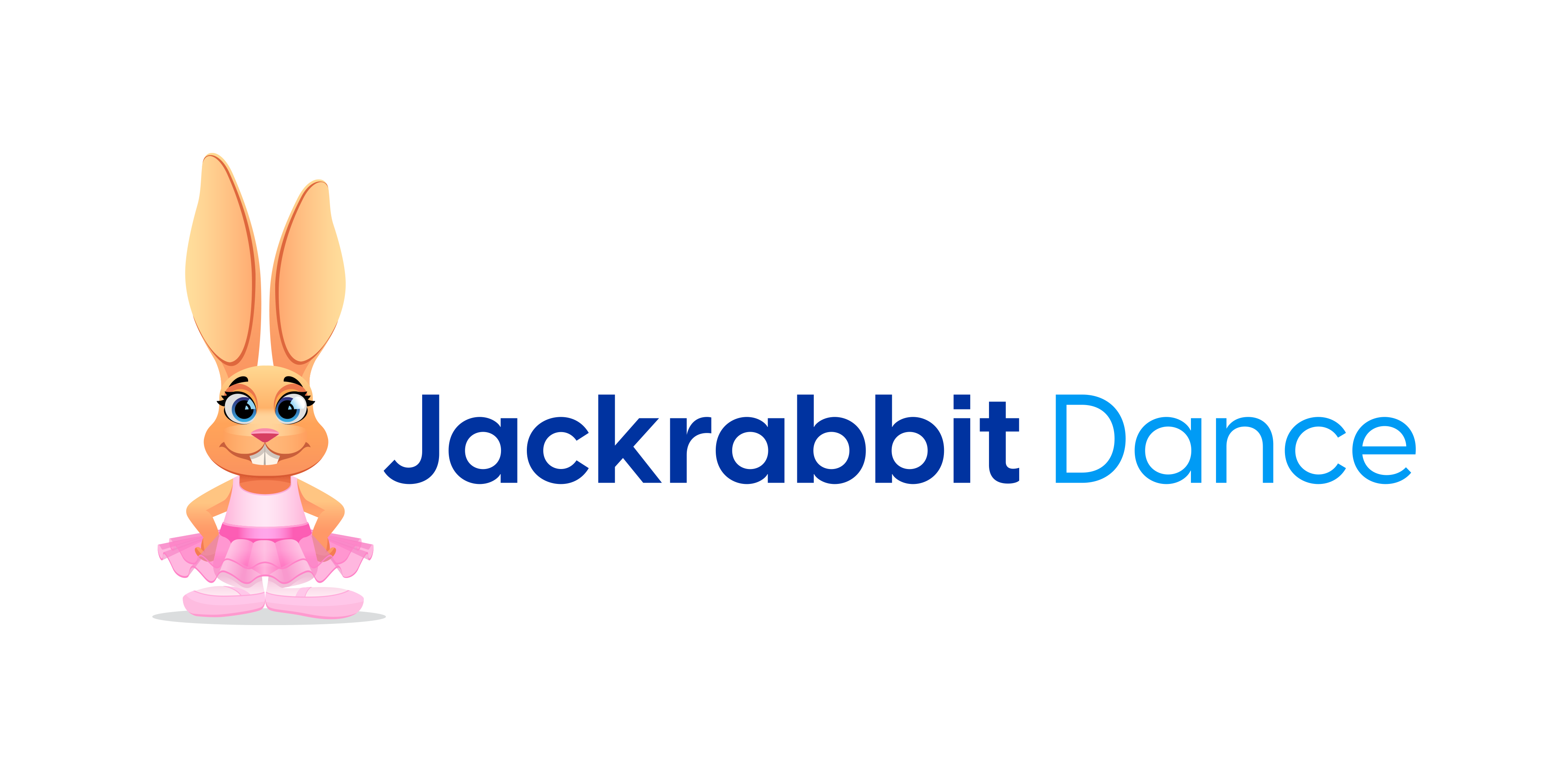Some pretty common thinking considers that “teams” should be groups of people who have lots in common: that their similarities encourage a close-knit environment that inspires ideas and hard work. A Yale MBA student thought the same thing but learned – from her own study group experience – that the somewhat standard belief of team building didn’t work.
She did, however, discovered what does work.
The team dynamic is scrutinized over and over again in today’s quest for data supported formulas for ensuring effective work environments. In 2012, Google launched a project to study why some teams make it and some don’t. The project – named Project Aristotle – analyzed literally hundreds of factors and had difficulty finding a clear patent for what makes a great team click. One factor previously assumed to influence team success – similar personalities – didn’t seem to matter at all. More analysis finally revealed two factors that highly productive teams had in common.
First of all, the team members needed a psychologically safe environment where they believed they could freely speak their minds without judgment, rejection or embarrassment. I think of this as a team’s “collaborative juju.”
Second, they wanted other team members to have empathy, being sensitive to others’ feelings and accepting of individual perspectives.
These results are pretty astounding when you consider what we’ve always believed or been told about team building.
This is quite relevant because team work formats are becoming more and more common in corporate workplaces, as noted by a study published in the Harvard Business Review. The study goes in-depth in analysis of the effectiveness dynamics of specific team members, which is quite interesting. But one of the base statistics revealed over the past two decades is that time spent by managers and employees in collaborative activities has ballooned by 50% or more.
Silicon Valley software engineers are encouraged to work together. Studies show that groups tend to innovate faster, see mistakes more quickly and find better solutions to problems when they collaborate. As a side note: Jackrabbit’s dev team meets every Tuesday in a day-long collaborative session that – like their Silicon Valley peers – works very well in offering that team dynamic and propel productivity. Teams tend to achieve better results and report high job satisfaction. Executives reported for a 2015 study, that profitability increases when worked are persuaded to collaborate more.
So after looking at 180 teams, it was clear to the Google project that the “who” part of the equation didn’t matter in the team dynamic. Teams don’t all work the same. Some teams may work with everyone talk constantly and interrupting one another, while others are more organized and give each member time to talk without interruption. How their personalities worked together, studies revealed, wasn’t the important thing, but the social sensitivity that the group’s dynamics produced was. People worked better when they didn’t feel left out or put down – on a team where everyone could share equally.
Jackrabbit’s work culture is unique in the way it works. Even though the entire staff is mobile (everyone works from home) the culture is very team based. Noted above, the dev team meets for a collaborative session every Tuesday. The support team is large enough to work in sub-teams that collaborate on their group goals and responsibilities. The marketing team meets both weekly on task oriented items and monthly for strategy and so on. We realize the importance that “team” plays in the way we serve customers.
This information is helpful for looking at situations that might not be working or working well. Maybe the “who” of the team is right but it’s their “collaborative juju” that needs tweaking.
Sources: NY Times, Harvard Business Review, Childcare Exchange






